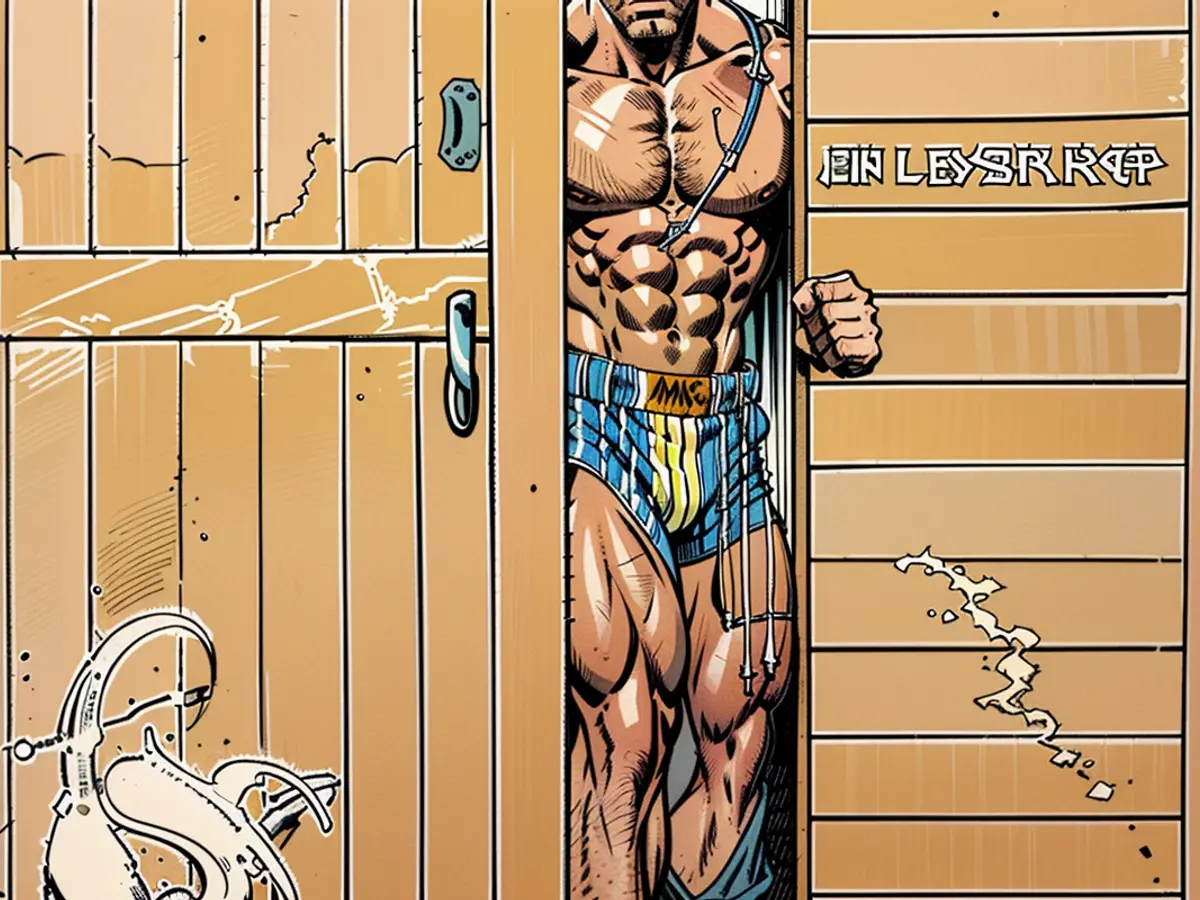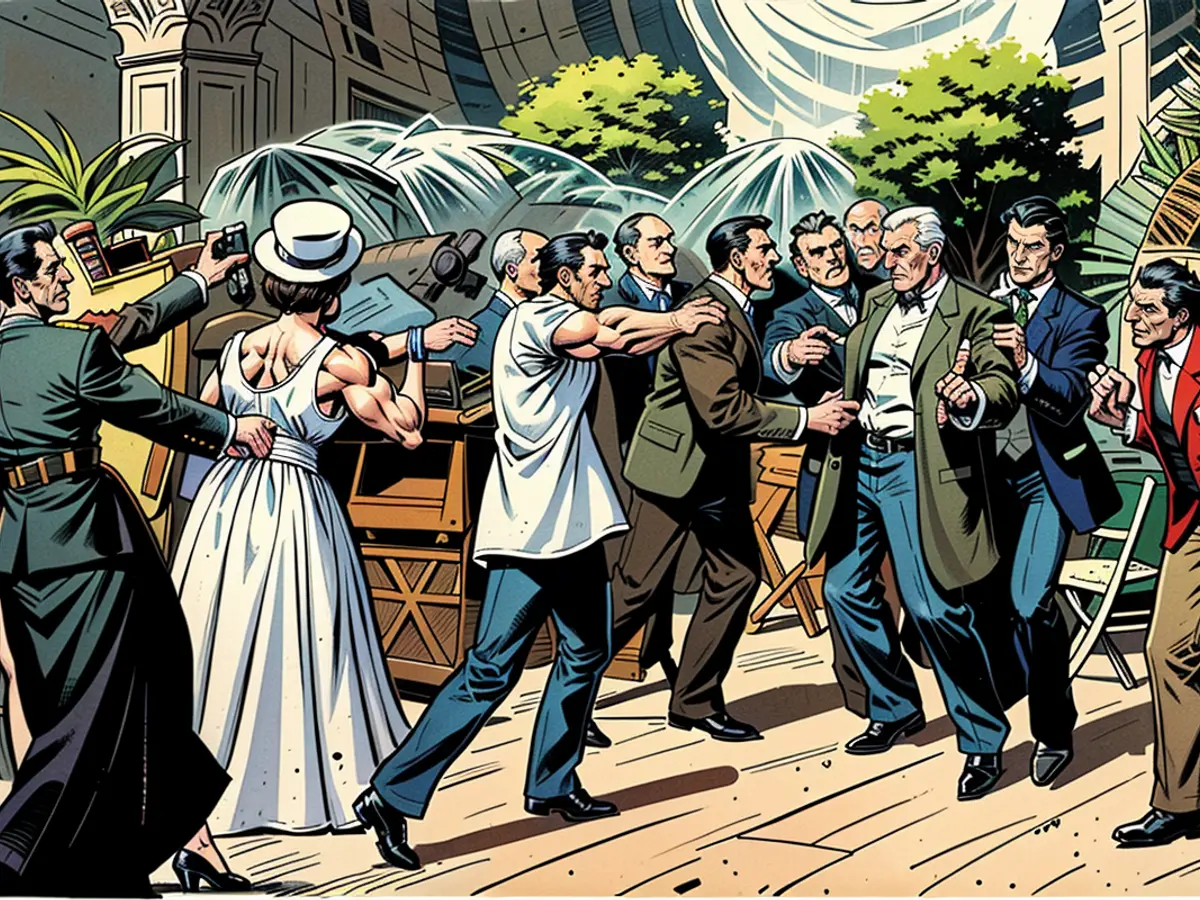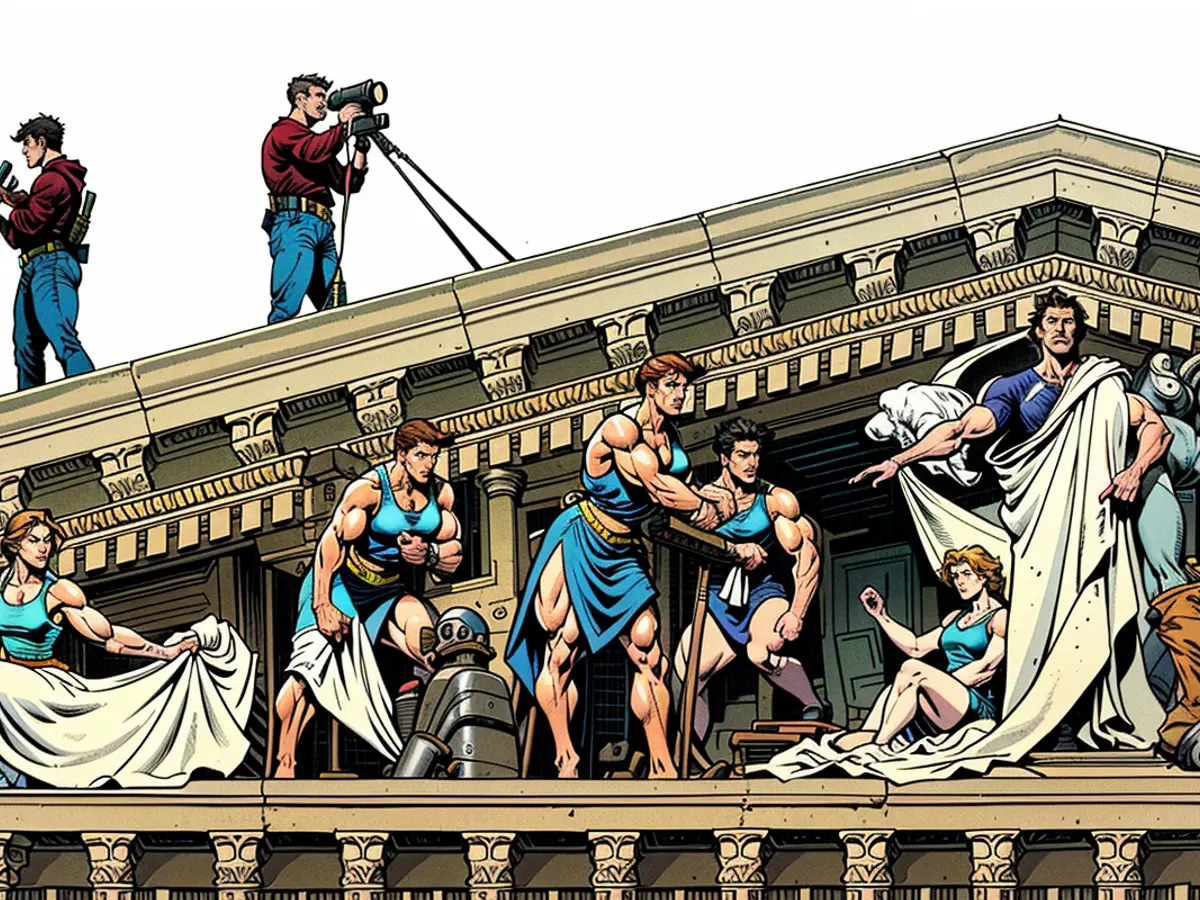Three lethal attacks prompted Congress to assign the responsibility of safeguarding presidents to the Secret Service.
States in the South were withdrawing from the Union due to Lincoln's election, and a suspicious plan originating from Baltimore prompted Lincoln, under the advice of private investigator Allan Pinkerton, to secretly enter Washington D.C. on a late-night train. Later, when the disguise was uncovered, Lincoln faced ridicule from his adversaries. An engaging and humorous account of this incident is included in the book "The Demon of Unrest: A Saga of Arrogance, Heartbreak, and Heroism at the Outset of the Civil War," written by Erik Larson. The events of Lincoln's covert journey into the capital alongside Pinkerton are extensively documented, although the validity of the Baltimore plot is a topic of debate.
Pinkerton, a skilled self-promoter, subsequently joined Union Gen. George McClellan to establish a "secret service" of spies to obtain information about Confederate troops during the war, as stated in the Library of Congress. Pinkerton's intelligence, however, was unreliable, and he departed to resume his private business following McClellan's dismissal. Before long, a "scallywag" named Lafayette Baker became the nation's top spymaster during the war.
During his presidency, Lincoln rejected bodyguards despite threats. A permanent police squad for Washington D.C. was created in 1864, but the officers selected were far from exceptional, as per Smithsonian Magazine. The night Lincoln was shot at Ford's Theatre the following year, his sole guard was supposed to be the policeman John Frederick Parker. Unfortunately, Parker was indulging in a neighboring saloon at the time, allowing John Wilkes Booth, presumably emerging from the same saloon, to approach the president from behind and shoot him in the head.
Baker was entrusted with tracking down Booth, and his memoir, titled "The Annals of the United States Secret Service," was published in 1867.
Surprisingly, the day Lincoln was shot, he had signed legislation authorizing what would eventually become the U.S. Secret Service. At the time, the agency focused solely on combating counterfeit money, a significant issue in the era.
The Secret Service did not begin providing protection to presidents until 1894, albeit part-time, after agents uncovered an assassination plot targeting President Grover Cleveland.
Presidents James Garfield and William McKinley were both fatally shot by assassins before Congress officially assigned the Secret Service the responsibility of shielding U.S. presidents full-time.
President McKinley's successor, Theodore Roosevelt, was the first to receive around-the-clock security, but only two guards were assigned as part of the detail.
Four years after leaving the White House, Roosevelt sought the presidency again in 1912 when he was shot while en route to a campaign speech. Remarkably, he survived and went on to give the speech.
Threatening presidents was not criminalized until 1917, and protection for the immediate family of a president was only granted by Congress in the same year.
Presidential and vice presidential nominees and candidates did not receive Secret Service protection until after the 1968 assassination of Robert F. Kennedy, who was murdered at the Ambassador Hotel in Los Angeles following his victory in the California Democratic presidential primary.

The Secret Service remained under the jurisdiction of the Treasury Department until 2003, when an extensive government reorganization following the 9/11 terror attacks transferred the Secret Service to the Department of Homeland Security. However, the Secret Service continues to battle financial crimes.
Later, what was once only two full-time agents assigned to protect Roosevelt in 1902 has evolved into a force of thousands. The entire Secret Service employs over 8,000 individuals for its protective and investigative tasks, and it secures thousands of events each year. In fiscal year 2023, it safeguarded 33 different "subjects of protection."
However, it seems probable that the Secret Service might require modifications after what appears to be two attempted assassinations against Trump within two months.
Former presidents are entitled to lifelong Secret Service protection, but Trump's reemergence as the Republican presidential nominee presents challenges for his assigned bodyguards, such as providing protection for a man facing a New York City criminal trial. Trump's impending sentencing, delayed until after Election Day, might present a fresh challenge of safeguarding a president sentenced to some sort of penal constraint.
The shooting at a rally in Pennsylvania just over two months ago, where Trump was hit in the ear during a speech and hastily whisked away by agents, has already modified speech protocol: CNN's Stephen Collinson notes that both Vice President Kamala Harris and Trump now deliver speeches from behind bulletproof barriers.
The apparent assassination attempt at Trump's golf course in West Palm Beach, Florida, could further modify how candidates are protected, isolating them even further from the public they serve. However, there is some positive news in the fact that an agent spotted the potential assassin, 58-year-old Ryan Wesley Routh, several holes and 500 yards – multiple football fields – away from Trump on the course.
In terms of segregating politicians from the people they represent, Secret Service agents closed a park, for instance, adjacent to Sen. JD Vance's Alexandria, Virginia, home – angering neighbors and creating traffic issues in the tight-knit neighborhood.
Florida's Republican Governor, Ron DeSantis, has vowed that state officials will undertake their own probe into this recent incident, as he believes federal authorities are simultaneously pursuing charges against Trump for handling classified documents and for attempting to alter the results of the 2020 election. Furthermore, it's likely that the congressional investigation into the initial attempt on Trump's life will extend to examine this latest incident.
The previous head of the Secret Service, Kimberly Chatley, stepped down shortly after the first assassination attempt attempt on Trump, which might make demands for responsibility following this second occurrence more challenging.
In light of the previous attempt on Trump's life, the Secret Service might need to adjust its protective measures to better ensure his safety. As CNN's Stephen Collinson notes, both Trump and Vice President Kamala Harris now deliver speeches behind bulletproof barriers for added security.
The Secret Service's role has significantly evolved since Lincoln's presidency, with the agency initially focusing on combating counterfeit money and later providing full-time protection to presidents. Currently, the Secret Service employs over 8,000 individuals for its protective and investigative tasks.









